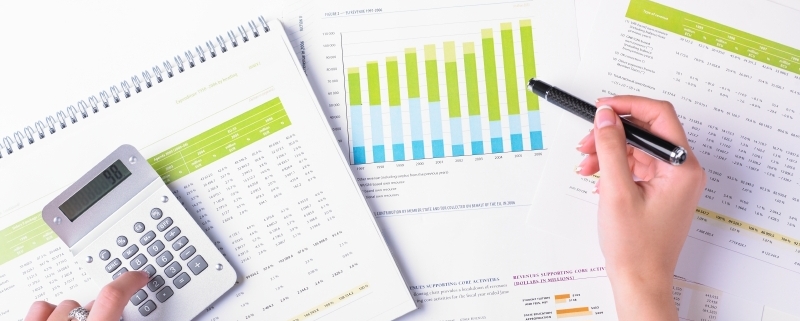Accounts spring clean
For the small business owner it is always too tempting to procrastinate on completing your bookkeeping. The last thing we want to do after a hard day is to trawl through our bank statements and search our office (or inbox) for an invoice or receipt that has been deleted or ended up in the shredder. At the same time your accountant is chasing you to complete the bookkeeping to allow the quarterly VAT returns to be completed. It doesn’t have to be like this and here are a few tips to help you (and reduce the quarterly panic).
(1) A little often
Not keeping your records up-to-date is a common mistake that small business owners make and it is important area to be on top of. You don’t want to run out of cash as it was not clear from your financial records when monies are due in and out. Over the past few years there has been a growth in online/cloud accounting systems that can really help a small business owner keep on top of their finances. These accounting systems are enabled with bank feeds to allow your bank transactions to flow daily and even determine the nature of the transaction, reducing the bookkeeping overhead. The use of these ‘anytime/anywhere’ applications and smartphones can assist the small business owner to be on top of their finances with minimal effort.
(2) Meet with your accountant
It is worthwhile meeting with your accountant on a regular basis. With their expertise and experience in all matters financial, they can really help you and keep your business on track financially.
(3) Watch the cash
Never forget the old business saying: turnover is vanity, profit is sanity, but cash is reality. Forecasting is key to avoiding cash problems. It is a beneficial exercise to perform a forecast with your accountant taking a pessimistic, optimistic and realistic view. Cash forecasting needs to be performed regularly and on a short term basis i.e. daily/weekly/monthly.
(4) Mixing business with personal
It is never a good idea to mix your business and personal expenses. If you are a sole trader it is always advised to have a separate bank account and credit card for your business expenses. For any type of small business, personal expenses should not be paid from your business bank account or credit card as it will give rise to a taxable benefit in kind. Of course, there are occasions when you will pay business expenses from your personal bank account and these will be treated as out of pocket expenses and are fully refundable by your business. Where possible, try to keep business and personal finances separate and it will make for an easier financial life.






